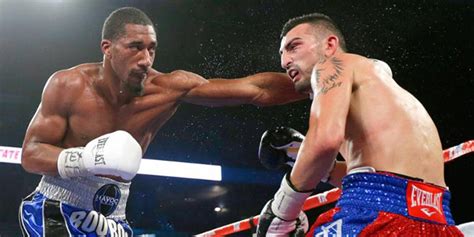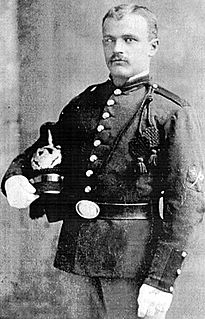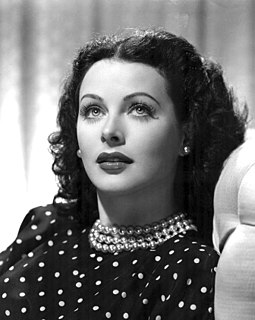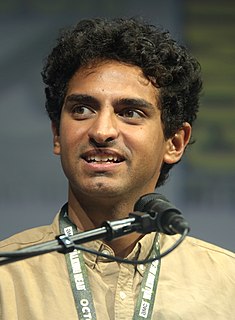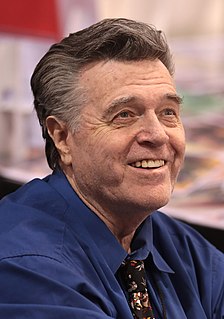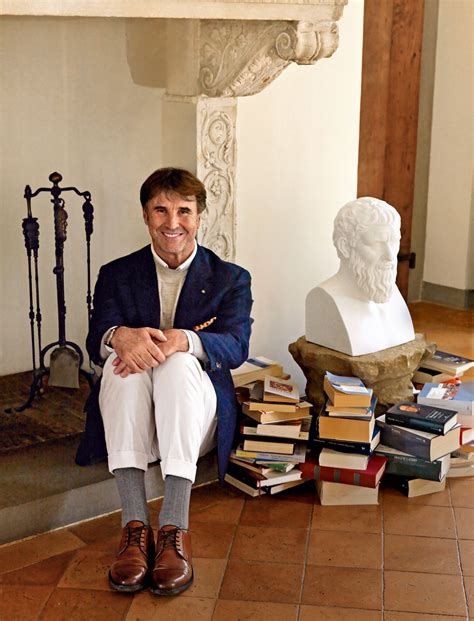A Quote by Tony Shalhoub
I don't look as handsome in Men in Black II as I did in the first one.
Related Quotes
Uriah looked better than he did an hour ago--he washed the blood from his mouth, and some of the color returned to his face. I'm struck, suddenly, by how handsome he is-- all his features are proportionate, his eyes dark and lively, his skin bronze-brown. And he has probably always been handsome. Only boys who have been handsome from a young age have that arrogance in their smile. Not like Tobias, who is almost shy when he smiles like he is surprised you bothered to look at him from the first place.
They wanted black women to conform to the gender norms set by white society. They wanted to be recognized as 'men,' as patriarchs, by other men, including white men. Yet they could not assume this position if black women were not willing to conform to prevailing sexist gender norms. Many black women who has endured white-supremacist patriarchal domination during slavery did not want to be dominated by black men after manumission.
As you look back in history, we [the United States] have done wonderful things, the Marshal Plan is the most obvious. After World War II, we spent billions of dollars to rebuild Europe or at least part of Europe after the devastation of World War II. We did it out of charity, but we also did it to keep the Russians from getting deeply into Europe.
I was a handsome boy, a very handsome young man, bright blue eyes, mmm. I would make trucks skid off the road. Anyway, girls were never a problem; the problem was me. But a lot of guys didn't like me because I made it look so easy, but it wasn't easy for me or anybody. When you're 24, it's not easy. You haven't reached anywhere that you want to be, so my looks helped me get in the movies, and I'm privileged that my parents came up with what I look like. What they did I'll never know and I don't care.
Black is overrated. You'll never find it in my stores. Of course it's slimming, but it's just used too much, especially for men. One black suit by one designer, another one by another - they all look the same in the end. If I walk into a crowded hotel lobby and I'm wearing a black suit, I just look like everyone else.


